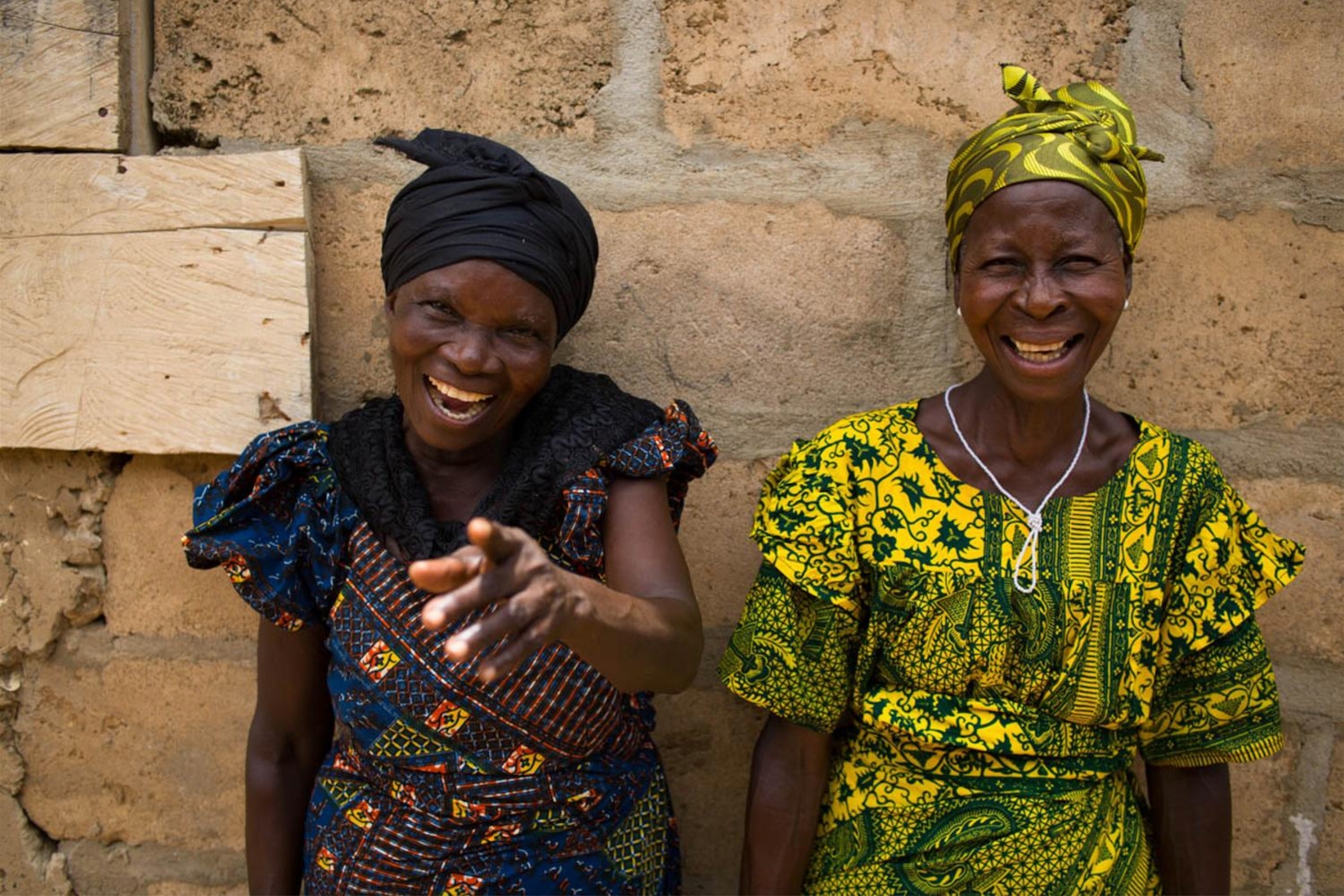
Culture
Highlighting Mental Health Issues in Ghana
Ghana is a land filled with beauty. It has roving hills and woodlands, and beautiful grasslands that look like they were painted by an artist. Its people match the landscape and are as beautiful as the mountains are tall.
The people of Ghana are distributed both in cities and more rural tribes, but all are united in a shared culture that values individuals, family, and loved ones. The idea of family or the tribe is one that is strong throughout Ghana and its diaspora, and it is hard not to admire it. Sadly, there exists an all too common problem.
The worldwide stigma
There exists a stigma against those facing mental health issues in Ghana, much like you’d find in most other nations in the world. However, there is also a scarcity of resources for the programs dedicated to helping people. With most of the available resources siphoned away to other departments, there is a critical lack for those in need.
The Ghanaian government has pledged to help address these issues but funding and medical resources are still critically low. Not only this, but the stigma against mentally ill people runs deep in the community. There are many people who don’t know how to address the issue or are uncomfortable with even acknowledging they are present.
The pandemic has stretched these issues even further. With so much of the resources available being redirected towards helping COVID victims, there is even less to go around for those struggling with mental health and addiction.
Seeing these issues was a reminder of the same problems that were present in the United States, on a different scale, but still. Not enough to go around, and people uncomfortable, or unwilling, to discuss the issue. It is clear that the solution lay in addressing the problems directly with local administrators.
Healing from trauma
According to the World Health Organization, an estimated 13% of Ghanaians suffer from some form of mental illness. Many of those are afflicted as a result of trauma that was sustained in their lives at some point. Be it from local conflicts, sexual assault, or other forms of abuse, trauma was prevalent in the community. Unfortunately, they were oftentimes treated as outsiders due to a lack of understanding of their trauma.
What they needed was help and a proper place to receive treatment for their conditions. The creation of temporary clinics was set up with the help of local administrators. These locations would provide healthcare for those in need, regardless of their standing or economic status. Working extensively with the tribes produced an almost immediate impact.
An honor, and a responsibility
It was then that I was given a great honor. The Ga-Adangbe tribe, appreciative of my efforts, gave me a title that is proudly worn: Nii Borlabi Tesaa I, King of the Ga-Adangbe tribe. Sealed together, it was a duty to uphold the respect and responsibilities the rank represented.
The link between Ghana and the United States is one that cannot be understated. Thousands of Ghanaian-Americans now live in the U.S., and they seek to help their people back home. The efforts to make the clinics in Ghana are the first step towards the diaspora giving back to the country that’s dear to them, that holds their roots.
The bond and the better tomorrow
Only a few decades separate the first major immigration waves in the 1980s and the modern-day. Thus the bond with their homeland is still very strong in the community that is present in the U.S. With this bond linking the two nations, there is hope that there will be enough resources flowing from the U.S. that the ongoing mental health crisis in Ghana can be averted.
The creation of a permanent clinic will be the first step in achieving this goal, meetings have been arranged with officials to plan this step. Ghana is a place of beauty and is home to hardy and strong people who put the family first. These efforts are the beginning of a solution that will see the Ghanian people embrace those with mental illnesses as those same people are finally able to get the treatment that they deserve.
